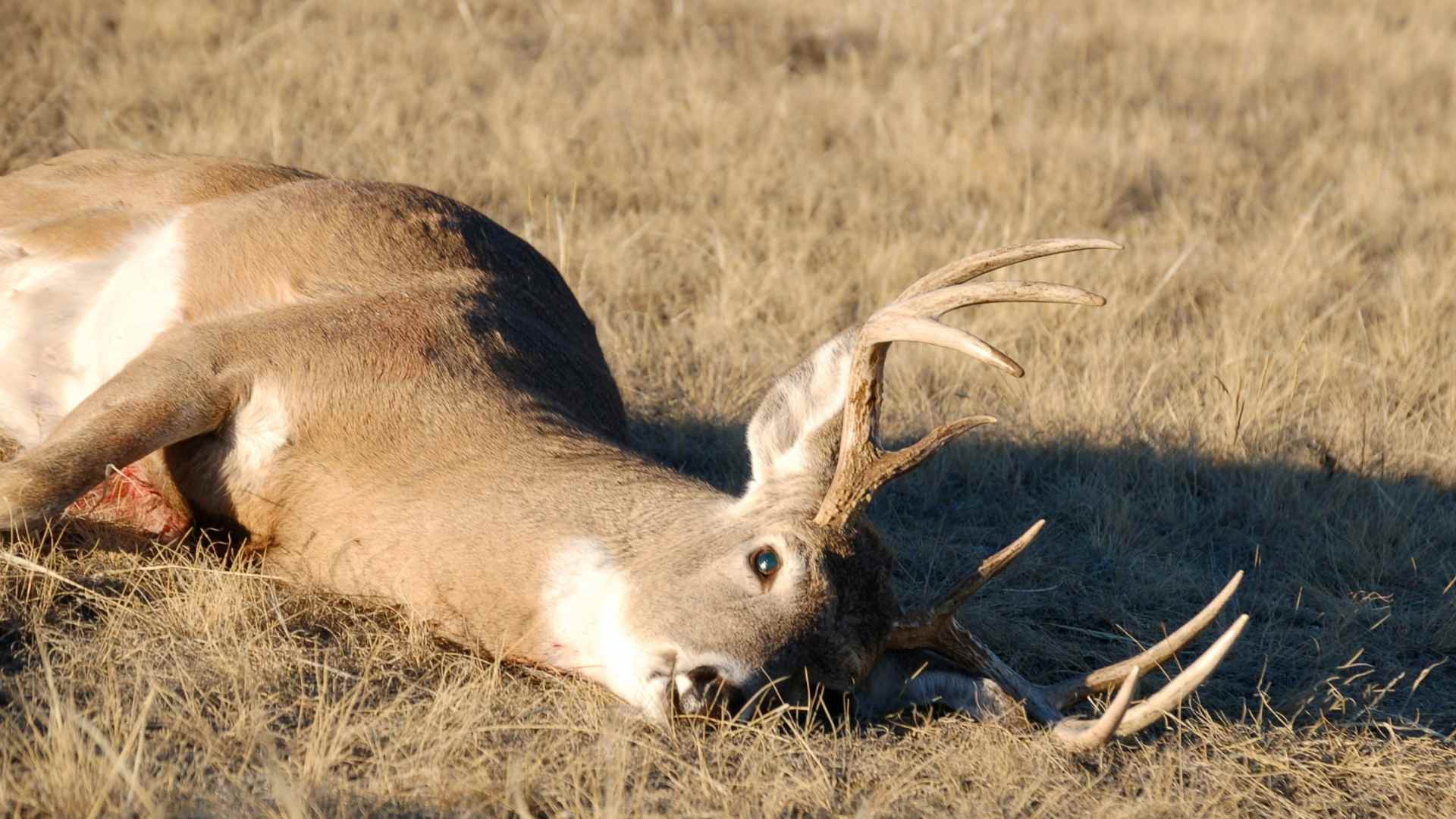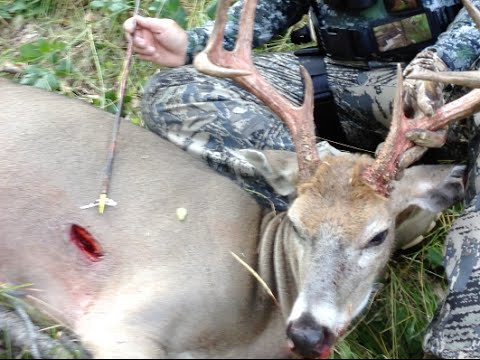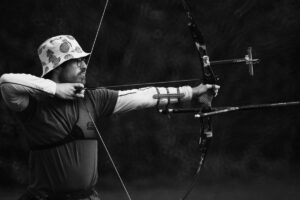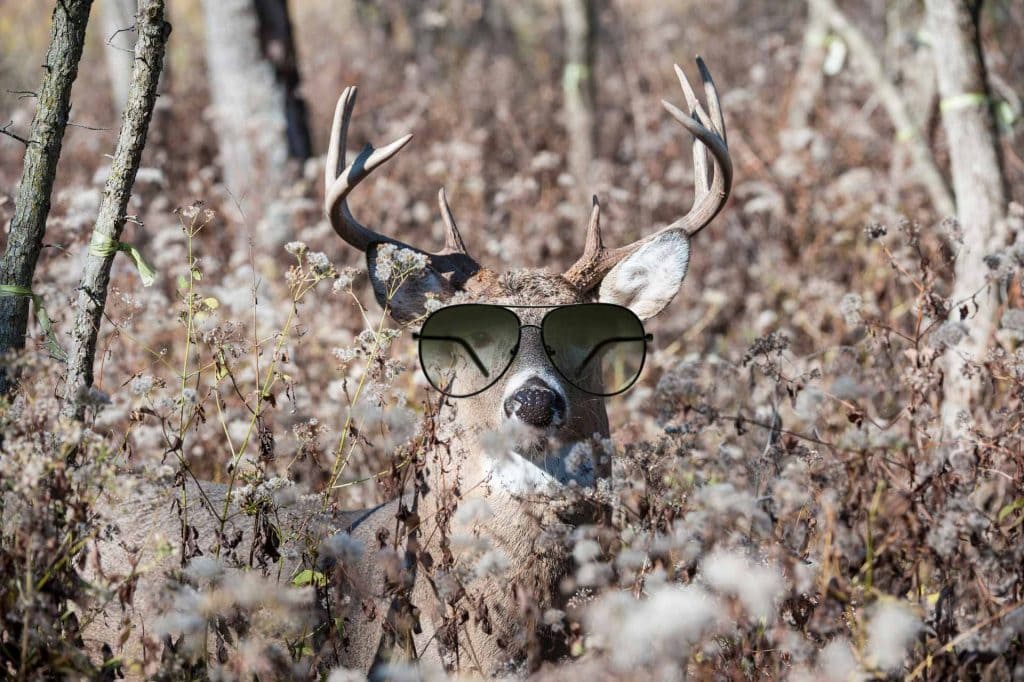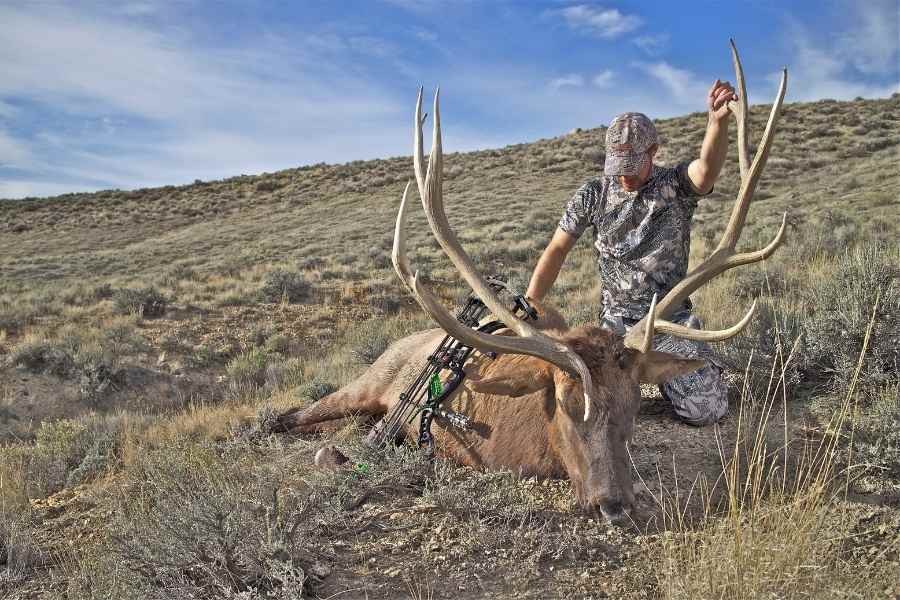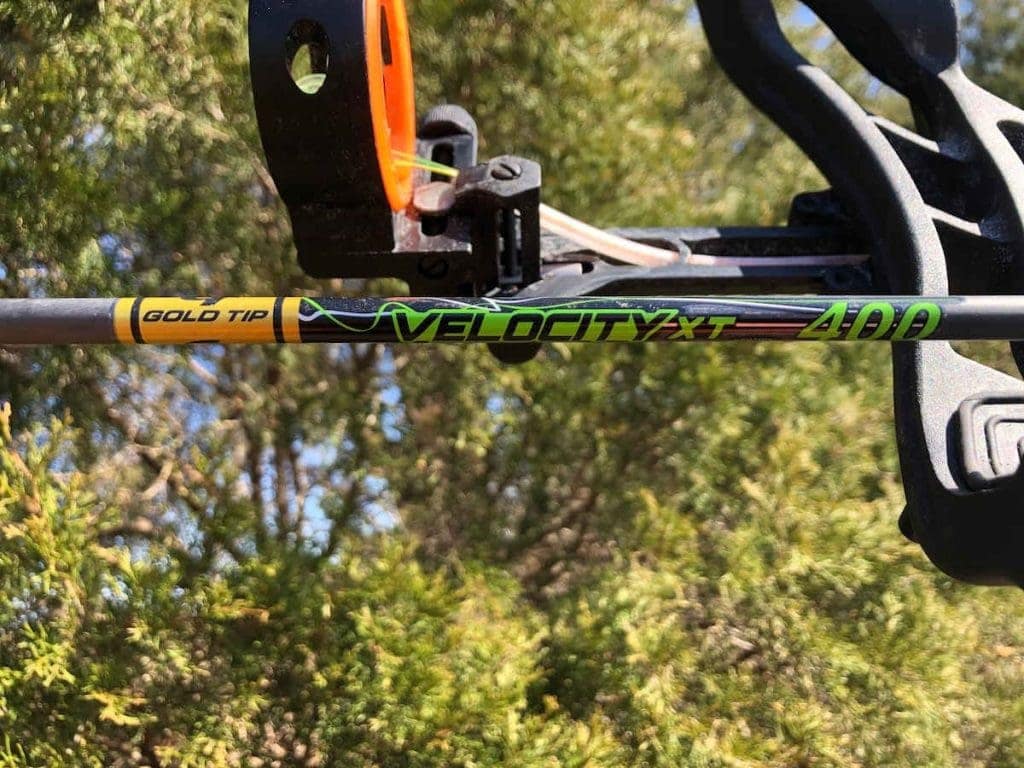When it comes to deer, there is a lot that remains unknown. One question that continues to baffle hunters and researchers is whether or not the blood of a deer will scare away other deer.
Some people believe the scent of blood will scare away other deer, while others think a deer carcass or blood does not spook deer.
I found that deer care very little, if not at all, about the blood of another deer. I found a doe dead one day during hunting season.
The next day I went out to hunt and saw two different bucks coming from different directions, and none of them seemed fazed by the presence of the dead doe.
Contents (Jump to Topic)
ToggleDoes Deer Blood Scare off Other Deer?
The short answer is no. Think about it this way: deer die from natural causes every day. Deer probably don’t think about death the way we do. There’s little chance that deer will avoid other deer carcasses or that deer blood will scare them away.
There’s no reason a deer won’t come right up to your stand, even if there’s some blood on the ground. In my experience, they were not bothered by it one bit.
One of the reasons deer aren’t scared of blood belief is that they’re not aware of it. To them, it’s just another scent in the forest. They’re not going to be scared of it.
Will a Dead Doe attract a Buck?
According to Missouri biologist Dr. Grant Woods, “The smell of an adult doe, especially one in a pre-receptive or receptive stage, is a great attractant to mature bucks,” he says. “I’ve shot several bucks while they were actually sniffing the doe I had harvested earlier in the hunt.”
Make sure you have the proper tags when you’re hunting and that shooting a doe and a buck on the same day is legal where you hunt.
Do Deer Know When Another Deer Dies?
Blood Scares Deer for How Long?
Does Blood Spook Deer?
The Importance of a Deer’s Keen Sense of Smell
A deer’s sense of smell plays a pivotal role in its survival. Their ability to detect scents is extraordinary, far beyond what humans can fathom.
This keen sense is instrumental in their interactions with their environment, fellow deer, and potential threats.
While the scent of blood might evoke curiosity or a passing acknowledgment, it’s unlikely to be a significant factor in causing fear or avoidance among deer.
The Intricacies of Human Scent and Deer Behavior
Interestingly, human scent is often a concern among hunters, and rightfully so. The pungent odor of human presence can alert deer to the potential danger nearby.
However, this doesn’t necessarily extend to the scent of blood. While humans might associate blood with danger, deer likely perceive it as just one of many odors that waft through the forest.
Dead Deer and Their Impact on Other Deer
It’s common when a deer dies in the wild, whether due to natural causes, predation, or other reasons.
Other deer, including bucks, generally don’t exhibit a strong aversion to the presence of a dead deer.
Tracking Wounded Deer and Blood Trails
While deer might not be inherently frightened by the scent of blood, their sensitivity to changes in their surroundings, like scent and noise, can make them cautious.
You must consider wind direction when trailing wounded deer, as a strong breeze can carry scents in unexpected ways, potentially alerting the deer to danger.
The Role of Food Plots and Natural Deer Repellents
Food plots are common in managing deer populations and attracting them to specific areas. While a wounded or dead deer might not scare away other deer, the presence of food can significantly influence their behavior.
The allure of a well-maintained food plot can easily override any minor scent-related concerns.
Understanding Deer Impacts and Repellents
In some regions, deer populations can cause damage to crops, forests, and gardens. This has led to the development of various commercial repellents to deter deer from specific areas.
While these repellents might target deer’s sense of smell, their effectiveness is often determined by the strength of the scent and the deer’s priorities.
Liver Shots and Deer Behavior
Liver shots can lead to a trail of frothy blood. While this might indicate a wounded deer, it’s unlikely to send the entire deer population into panic mode. Deer might react to their surroundings based on various factors, including the immediacy of a perceived threat.
Antlers Against Trees and Natural Behaviors
Bucks engaging in rubbing behavior, and using their antlers to mark trees, is a common sight. This behavior isn’t a direct reaction to the scent of blood but a natural part of their behaviors. Rubbing trees helps bucks shed the velvet from their antlers and establish dominance in their territory.
Deer Behavior and Scent
The intricate interplay between deer behavior and scents, including blood and human scent, is a fascinating aspect of wildlife observation.
While there’s much to learn about deer behavior, it’s evident that their reactions to scents are nuanced and multifaceted.
Will Deer Come Back After Being Spooked?
When a buck is spooked, it may alter its feeding patterns, disrupting its normal routine. This change could involve a shift in the buck’s feeding times or completely avoiding certain feeding areas.
Additionally, spooked bucks may exhibit a nocturnal behavior shift, becoming more active during the cover of darkness to avoid potential dangers.
This nocturnal behavior can make it more challenging for hunters to locate and track spooked bucks during daylight hours.
Effective Hunting Strategies
Effective hunting techniques can include giving the buck time to calm down, utilizing scent control, setting up in likely return areas, using calls and decoys, and considering hunting during the rut.
These strategies can increase the chances of success when hunting spooked bucks. Calling techniques can mimic the sounds of other deer, attracting the buck’s attention and luring it within range.
Scent control is crucial to mask human scent, as bucks have a keen sense of smell and can detect even the faintest odor.
Setting up in likely return areas, such as feeding or bedding areas, increases the likelihood of encountering a spooked buck.
Using calls and decoys can create a sense of familiarity and draw the buck back to the area where it was spooked.
Lastly, hunting during the rut can be advantageous, as bucks are more active and less cautious.
By incorporating these strategies, you can maximize your chances of harvesting a spooked buck.
| Hunting Technique | Description | Benefits |
|---|---|---|
| Give the buck time to calm down | Allowing the buck to relax after being spooked can reduce its alertness and make it more susceptible to being hunted. | Increases the chances of encountering a calmer buck. |
| Utilize scent control | Minimizing human scent can prevent a buck from detecting the hunter’s presence and increase the chances of a successful hunt. | Reduces the risk of spooking the buck again. |
| Set up in likely return areas | Positioning oneself in areas where bucks are likely to return after being spooked can increase the chances of encountering the same buck again. | Increases the probability of encountering a spooked buck. |
| Use calls and decoys | Mimicking the sounds and appearance of other deer can attract the attention of a spooked buck and lure it back to the area. | Increases the chances of drawing a spooked buck within shooting range. |
Before you go …
Little to be learned about deer behavior, particularly regarding blood. Some people believe the scent of blood will scare away other deer, while others think a deer carcass or blood does not spook deer.
I found that deer care very little, if not at all, about the blood of another deer. In my experience, they were not bothered by it one bit.
Have you ever had an experience with a deer being spooked by blood? Let us know in the comments below!
